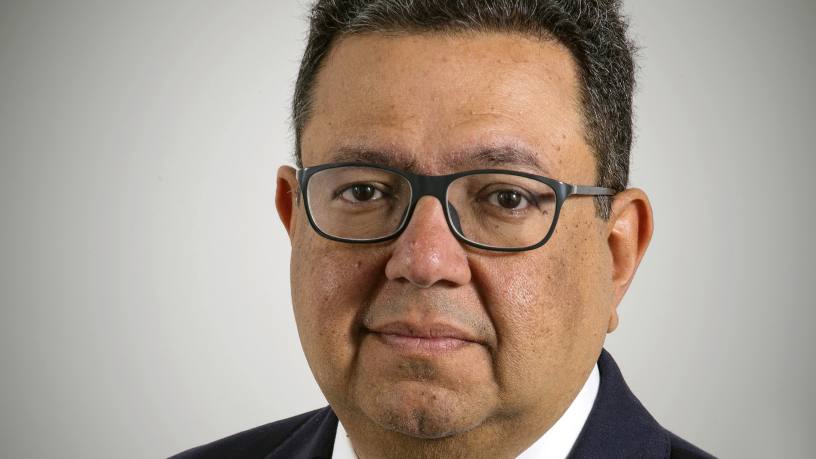Over the past six months, the Egyptian Authorities — the presidency, the government and Central Bank of Egypt (CBE) — embarked on several economic reforms that were both long-awaited and welcomed by markets, investors and most commentators.
These included the following four measures:
- Concluding an agreement with the International Monetary Fund in December 2022, whereby Egypt would receive a $3bn facility over the next 46 months, in exchange for following a strict reform programme.
- Allowing the overvalued Egyptian pound to slip by almost 50% against the US dollar.
- Formally launching the State Ownership Document in December — this is a policy document outlining the state’s commitment to reduce its presence in certain economic activities and to observe neutrally competitive rules in areas of the economy where it intends to stay.
- Announcing in February a comprehensive list of 32 state-owned companies that will be privatised, including — significantly — two companies owned by the Egyptian armed forces.
However, these bold measures were taken against a background of a severe economic crisis and could hardly have been postponed for much longer. Following the onset of the Russian invasion of Ukraine, the country was severely affected by the collapse of tourism from both countries, as well as imports of wheat, oil and other crucial commodities.
The immediate impact of the war was added to the already prevailing adverse conditions caused by the Covid-19 pandemic, the public overspending on infrastructure, the growing international debt, the persevering high budget deficit, and the scarcity of private investment — both local and foreign — due to it being crowded out by various state agencies, including the military.
By spring 2022, and in an attempt to curb local demand on the foreign currency needed to pay off Egypt’s external debt, the CBE implemented tight import restrictions. This, however, further backfired, sending black market currency rates to unprecedented heights, the stock market tumbling, investor confidence into panic mode, and the economy deeper into crisis.
Thus, by October 2022, the central bank governor was replaced with a more market-oriented and seasoned banker, and the four above economic reform measures were announced one after the other. And, as such, they were welcomed as a strong indication that Egypt was finally changing the course of its economy towards a more open system with less state intervention.
But in spite of the warm welcome to these measures, scepticism persists, and markets and investors remain both cautious and attentive to further signs of advance or regression. What was announced in terms of economic reform measures — they say — is in the right direction, but by no means sufficient. After all — they add — we have heard previous promises of the state retracting from the economy. We have gone through an equally massive devaluation in 2016, and we have been told of the change of economic course several times. But old habits die hard.
The Egyptian authorities need to hear these voices of scepticism and take them seriously, rather than dismiss them as mere noise or ill-intended criticism.
The reform measures taken by the government and the CBE deserve to be praised. But they require persistence and consistency in implementation before they are fully recognised as steps on a genuine reform path. In particular, investors need to be convinced of the seriousness and full commitment to the gradual withdrawal of the state from the economy, and need to be convinced that a freely operating and credible currency market is in place.
Until then, investors will continue to expect a bumpy road, and that’s the last thing Egypt needs right now.
Ziad Bahaa-Eldin is the former deputy prime minister of Egypt, and is a managing partner of at Bahaa-Eldin Law Office in co-operation with BonelliErede.












